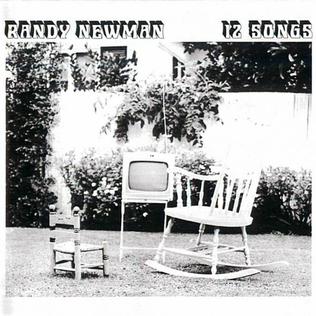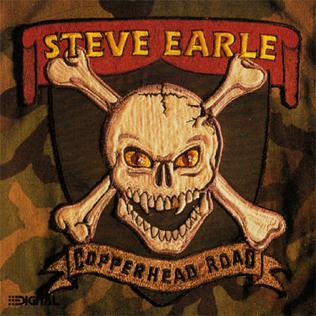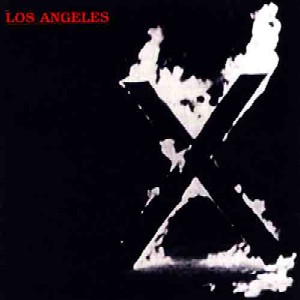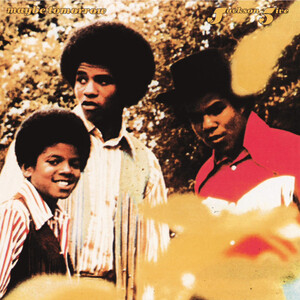
The Rolling Stones are an English rock band formed in London in 1962. The first stable line-up consisted of Brian Jones (multi-instrumentalist), Mick Jagger, Keith Richards, Bill Wyman (bass), Charlie Watts (drums), and Ian Stewart (piano). Stewart was removed from the official line-up in 1963 but continued to work with the band as a contracted musician until his death in 1985. Brian Jones was the original leader of the group. The band's primary songwriters, Jagger and Richards, assumed leadership after Andrew Loog Oldham became the group's manager. Jones left the band less than a month before his death in 1969, having already been replaced by Mick Taylor, who remained until 1974. After Taylor left the band, Ronnie Wood took his place in 1975 and continues on guitar in tandem with Richards. Following Wyman's departure in 1993, Darryl Jones was contracted by the band to play bass. Since 1963, the Stones have not had a keyboardist as a member of the band, but have had long working relationships with Jack Nitzsche (1965–1971), Nicky Hopkins (1967–1982), Billy Preston (1971–1981), Ian McLagan (1978–1981), and Chuck Leavell (1982–present).

12 Songs is the second album by American singer-songwriter Randy Newman, released in April 1970 by Reprise Records. It features a swampy style of roots music with introspective, satirical songwriting. "Have You Seen My Baby?", the album's only single, was released in May.

Let It Bleed is the eighth British and tenth American studio album by English rock band the Rolling Stones, released in December 1969 by Decca Records in the United Kingdom and London Records in the United States. Released shortly after the band's 1969 American Tour, it is the follow-up to 1968's Beggars Banquet.

Sticky Fingers is the ninth British and eleventh American studio album by the English rock band The Rolling Stones, released in April 1971. It is the band's first album of the decade and the first release on the band's new label Rolling Stones Records, after having been contracted since 1963 with Decca Records in the UK and London Records in the US. It is also Mick Taylor's first full-length appearance on a Rolling Stones album and the first Rolling Stones album not to feature any contributions from guitarist and founder Brian Jones.

Their Satanic Majesties Request is the sixth British and eighth American studio album by the Rolling Stones, released in December 1967 by Decca Records in the United Kingdom and London Records in the United States. It was the first Rolling Stones album to be released in identical versions in the UK and US. Recording sessions saw the band experimenting widely with a psychedelic sound in the studio, incorporating elements such as unconventional instruments, Mellotron, sound effects, string arrangements, and African rhythms. The album's title is a play on the "Her Britannic Majesty requests and requires ..." text that appears inside a British passport. It is the first Stones album to feature the same track listings in both its UK and US versions.

It's Only Rock 'n Roll is the 12th British and 14th American studio album by The Rolling Stones, released in 1974. It was the last Rolling Stones album for guitarist Mick Taylor and the songwriting and recording of the album's title track had a connection to Taylor's eventual replacement, Ronnie Wood. The album also marked the 10th anniversary since the release of the band's debut album, The Rolling Stones. It's Only Rock 'n Roll combines the core blues and rock 'n' roll-oriented sound with elements of funk and reggae. It's Only Rock 'n Roll reached number one in the United States and number two in the UK.

Some Girls is the 14th British and 16th American studio album by the Rolling Stones, released in 1978 on Rolling Stones Records.

Copperhead Road is the third studio album by Steve Earle, released in 1988. The album is often referred to as Earle's first "rock record"; Earle himself calls it the world's first blend of heavy metal and bluegrass, and the January 26, 1989 review of the album by Rolling Stone suggested that the style be called "power twang".

Los Angeles is the debut studio album by American rock band X, released on April 26, 1980 by Slash Records. Produced by ex-Doors keyboard player Ray Manzarek, it includes a cover of the 1967 Doors song "Soul Kitchen". It placed at No. 16 for the year in The Village Voice Pazz & Jop Critics Poll. In 2003, the album was ranked No. 286 on Rolling Stone's list of the 500 greatest albums of all time.

Maybe Tomorrow is the fifth studio album by the Jackson 5 released in 1971. Released after the success of the hit ballad "I'll Be There", most of the tracks on the album are ballads, with few dance numbers. Maybe Tomorrow includes the hit singles "Never Can Say Goodbye" and "Maybe Tomorrow". While not as financially successful as the Jackson 5's first three outings, selling over 3.5 million copies worldwide, Maybe Tomorrow contains some of the most often-sampled and covered material in the group's catalogue. It spent six weeks at No. 1 on the Soul albums chart.
David Fricke is a senior editor at Rolling Stone magazine, where he writes predominantly on rock music. His career has spanned over 30 years. In the 1990s, he was the magazine's music editor before stepping down.

Flashpoint is a live album by British rock band The Rolling Stones. It was recorded in 1989 and 1990 on the Steel Wheels/Urban Jungle Tour and released in 1991. It was the first live album by the group since 1982's Still Life. It was recorded using binaural recording. This gives the effect that the concert audience is behind the home listener. The audience cheer track was taken from the Rolling Stones' 1970 live album Get Yer Ya-Ya's Out!, complete with an audience member shouting out a request: "'Paint It, Black', 'Paint It, Black', you devil". The two studio tracks on the album were the last for bassist and long-time member Bill Wyman as a Rolling Stone.

Veuillez rendre l'âme is the second album by French rock band Noir Désir, released in 1989. The album, produced by Ian Broudie, brought the group widespread attention, mostly because of the hit single "Aux sombres héros de l'amer." The album did well both critically and commercially, selling 330,000 copies. The French edition of Rolling Stone magazine named this album the 10th greatest French rock album.

"The 500 Greatest Albums of All Time" is a 2003 special issue of American biweekly magazine Rolling Stone, and a related book published in 2005. The lists presented were compiled based on votes from selected rock musicians, critics, and industry figures. The lists predominantly feature American and British music from the 1960s and the 1970s, topped by The Beatles’ 1967 album Sgt. Pepper's Lonely Hearts Club Band, with a top 10 that featured four entries from The Beatles, two from Bob Dylan, and one each from The Beach Boys (#2), Marvin Gaye (#6), The Rolling Stones (#7) and The Clash (#8).

Patchanka is the debut album of the multiracial band Mano Negra, released in 1988. The French edition of Rolling Stone magazine named this album the 32nd greatest French rock album.

666667 Club is an album by French rock band Noir Désir. It was released in France and other European countries on 17 December 1996. The album was certified double platinum in France on 17 September 1997, which at the time signified sales of above 600,000. The French edition of Rolling Stone magazine named this album the 12th greatest French rock album.
"Gimme Shelter" is the opening track to the 1969 album Let It Bleed by the Rolling Stones. Greil Marcus, writing in Rolling Stone magazine at the time of its release, praised the song, stating that the band has "never done anything better".

Osez Joséphine(Dare Joséphine) is the eighth studio album by French rocker Alain Bashung, issued in 1991 on Barclay Records. Rolling Stone magazine considered it the greatest French album of all time.


















